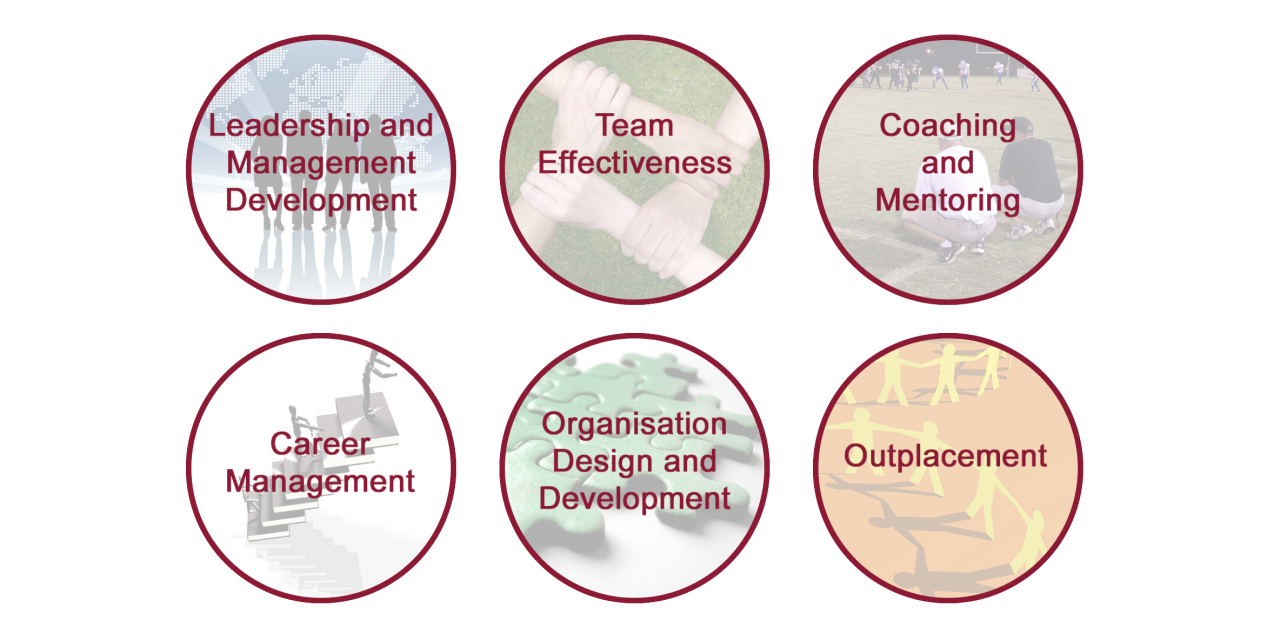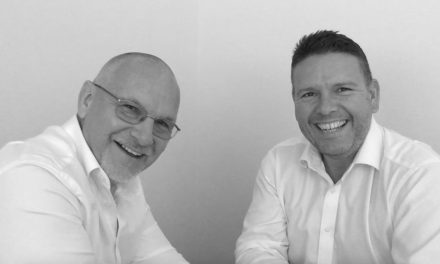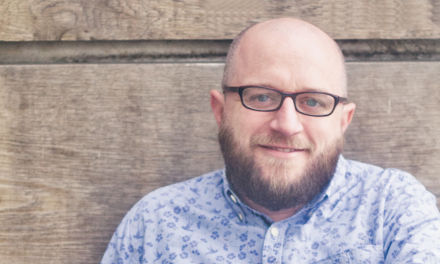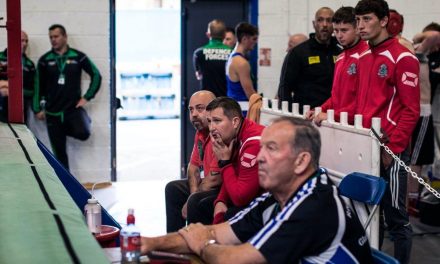Hello everyone and welcome to another edition of Up Close & Personal. I managed to find a quiet little spot this evening after our first day at the Oak Group Summit, so I can interview one of its founding members. I first met this guy when he was brave enough to take a hot seat at one of our Discovery Days. He must have loved the process because he signed up straight after it to become a member of the Renegade Masterminds, which I’m lucky enough to lead myself. He’s an integral part of that group and a very well-respected member. As a well-respected coach in his own right who specialises in strengths-based approach to his clients, this guy is a joy to know and has become a good friend since I first met him. His business, Co-Creation based in Manchester delivers strengths-based programmes into customers to the likes of Co-op, Thwaites and Bentley. Now, I have asked for a free car but I’m still waiting. I honestly don’t know where he gets the time to run a business anyway because he has 3-year-old triplet daughters, but he does, and he not only does that, actually he’s more than doubled his business turnover in a year which is no mean feat for any business. I’m proud as punch to introduce a great guy. A magnificent man from Manchester, Dave Harrison. How are you Dave?
Dave Harrison: I’m really good thanks Steve.
Steve Matthews: How’s that for a build-up mate?
DH: That was brilliant. I was wondering who you were talking about at first.
SM: It took me ages to write that. . . And how much you paying me?
DH: Yea, I’ve got to pay for that.
SM: So anyway mate, it’s obviously good for all our readers to know all about you guys, so where did it all start for you? Obviously, you’re a Manchester boy, born and bred?
DH: Yea, always been in Manchester. My business side of things really started at school if I’m being honest with you. I did Business Studies, enjoyed the business side, however I went into Financial Services working for Barclays Bank and I was there for 12 years. I actually found my way to work with small businesses in the Small Business Team and I really enjoyed that bit. I think the thing for me was always about knowing what I could offer to other people, so that was always going to be a challenge. So, I think my entrepreneurial start happened in around 2003 when I started investing in some properties. I had some failures around that but learnt a lot through it. You learn a lot by what doesn’t always work, as well as the things that do work.
SM: So, with Barclays, it must have been pretty stable there, so what gave you that entrepreneurial spark? My Mother worked in a bank forever, so what give you the thought about leaving that safety and starting up on your own?
DH: I think it was around values and about really living my values and wanting to do it, and the way the bank was going was not quite in line with that. So, I think there was a little bit about that, but also working with other small businesses, realising that it’s all possible with a lot of time and hard effort. But it was really capturing what I had to offer. It was thinking around that. I looked into other schemes and other things I could get involved with, but it was finding the thing that I was really passionate about. Something I was really interested in, something that put the light bulbs on for me. I sort of fell across it when I got made redundant.
SM: Were you doing any strengths-based coaching? I know we’ll come on to that a little later, but did you do any of that in Barclays? Or how did you find that was your thing? Did you get coaching in Barclays?
DH: One good thing for Barclays was, you got a lot of investment in yourself. You didn’t realise it at the time, but they did invest in you as a person. It wasn’t particularly from there, although I did do some coaching programmes where you learn how to coach people, but it was usually a day training here and there. I think the positive psychology side of it, which is obviously where the strengths-base comes from, in a way I came across it when I was at school because I used to be a swimmer. So, it really came from the sport side of things initially, playing to your strengths and what you’re energised by. And also, the mind set side of things, about how you become a winning athlete. I think that really set me up for perseverance in trying to push the boundaries forward.
SM: How did that come about then? The swimmer in school and learning about the strengths, so concentrating on what you’re good at all the time. Is that right?
DH: Yea, it’s focusing on your strengths, not just what you’re good at but what you’re energised by as well. That’s why when I look at strengths, that’s the differentiator between a lot of other strengths-based approaches. It’s about where the inner energy comes from as well, where you’re in flow. So, when you’re at your best you don’t sometimes recognise that you’re good at something, because you can be good at something that you’ve learnt to be good at, but you’re not energised by. So, for myself for instance I can do detail orientation really well, but it really de-energises me if I have to do a lot of it for a period of time.
SM: So, from the bank did you go straight into Co-Creation?
DH: No, first of all, from the bank I went into an Asset Finance company and did project management, both across businesses and IT. So that really enabled me to understand exactly how businesses operated and came together from that perspective, and I found myself in a redundancy situation after about 3 years of doing that. That’s really where I fell into it, because initially I was thinking I was going to do project manager job somewhere else. However, what happened was, as I was going through my out-placement support which helped me go through the process of being made redundant and finding a new job, I also started to help other people through the process because I understood what they’d done in the business. Just coaching them, and I suppose one of my values is about supporting others and helping other people and adding value where I could. And a consultant who was supporting me said, “You’re not bad doing this yourself because you seem to have a natural strength towards it”.
SM: Poaching you, was he?
DH: It meant going self-employed actually, so it meant setting up in business on my own in a completely different industry, which is quite a high risk when you look at your change of industry and change of role as well. But actually, I thought, this is something I can do and I’m passionate about. I want to help people, I want to help people move forward. So that was really in 2013 when I started my journey. I did it self-employed for about 3 years, and in that time, after about 18 months I actually helped a London based consultancy set up a north west office in Manchester, but it was also a turnaround business as well, so it was making losses. It was on the AIM listed market, so again it was making heavy losses, which isn’t great when you’re on the AIM listed market, so I got involved in the business side of things as well. After about 3 years I became part of their senior management team as an employee. So, I went from being self-employed to an employee. I did that from 2004 but became an employee in 2006, and then I actually left that company in 2012 and set up another consultancy with 3 other people. However, 5 years later it was right for me to come out of that and create Co-Creation.
SM: Isn’t it funny, redundancy kick started me into my entrepreneurial life or business, everybody’s an entrepreneur these days. I always had a scratch that I couldn’t itch, and it was about being self-employed, working for myself. And for me the redundancy thing was, a push is as good as a shove if you like. I don’t know how it affected you at that time, but did the redundancy feel good for you, or was it a difficult thing for you to swallow?
DH: It was a difficult one, because even though they say it wasn’t personal, I knew there were one or two personal reasons why I got chosen to be made redundant, even though they’d got rid of 25% of the business. But equally it was a time when I’d just invested heavily in properties that I couldn’t sell or rent, so there was that financial burden around my neck, and also from working with businesses I knew that the first 18 months to 2 years were going to be tough, which they were. However, I thought, well actually I can work through that, it’s amazing what a driver it can give you when you’re up against it like that. And I thought, well let’s give it a go, let’s make sure that I can give it the best chance I can do. . .
To listen to full article… Go to your Travectio account





